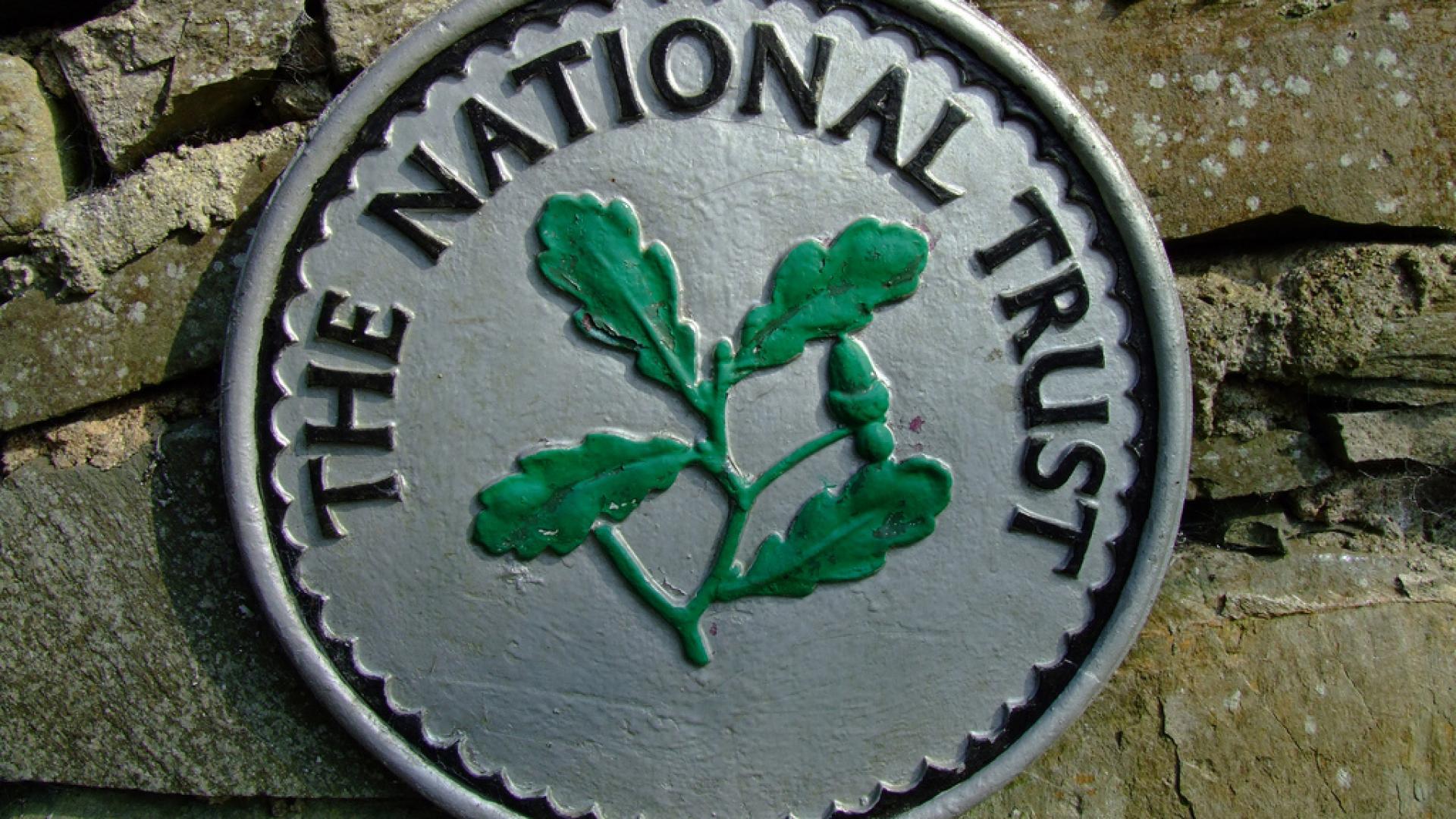On the train home last night I read two books. One of which looked at the management lessons from Jack Welch, the legendary CEO of General Electric (GE) and another on how to talk to my teenage children. They encapsulate the two paths that charities can choose between: money or ideas.
Jack Welch’s success with GE was astonishing. He took their revenue from $25 billion to $130 billion over twenty years. By the end of his tenure GE employed nearly half a million people worldwide. It is stories such as this and other successful that provides the siren voices who believe that money talks for charities.
My other book on my train journey was all about ideas. All about how to talk to my teenage children in different ways and if I read the book and take on those ideas the cost to me is …… nothing. I can’t measure the difference in pounds or any financial measure. I can measure the difference in human happiness. And most charities work in the business of ideas and inspiration and changing human behaviour. So why is it people want to use the ill-fitting intellectual hand-me-downs of a different system.
Companies measure the difference they make in pounds or dollars or whatever other currency they work in. Charities measure the difference they make in human happiness or lives saved or whatever other difference they exist to make.
So does it make any sense to borrow more of the ways of working from companies to help charities do their job better? It is like using a chain saw to spread butter. But this thinking permeates too much of the charity sector. We tend to assume the biggest charities do the best job (or they wouldn’t be that big right?). We tend to assume that growth in revenue is a hallmark of success. We tend to assume that a better paid CEO will be a better CEO. If this were the case then bankers would be the best CEOs in business – when I think it is fair to say that Fred Goodwin at RBS and his colleagues have proved that is not necessarily the case.
The real reason that charities latch onto money as a measure of success and prowess is that its so easy to, well, measure. While impact overall is so hard to measure. Those policy types who stalk the corridors of evaluation teams can always think of reasons why any impact measure is imperfect, how it could be better. And in their view its better to have no measures at all than imperfect ones.
The excitement for me of the non-profit world is that its currency is ideas and innovation and its capital is human happiness. This creates a meritocracy that is awe-inspiring. Which are the most influential charities? Who has made the biggest impact? So far this article has really just talked about organisations. However it is often individuals who start a social revolution, rather than organisations. Here are but four examples from across history.
- In the 1990s Doreen Lawrence’s son Stephen was murdered. When her local police failed to investigate properly or catch the killers of her son, she persisted and eventually persuaded the government to launch an inquiry which demonstrated that the Metropolitan Police was institutionally racist.
- In the 1950s Rosa Parks didn’t stand up for her rights but sat down. On a bus in Alabama she sat in seats reserved for white people and was arrested. As a result a boycott of the buses was organised and this was the spark that started the civil rights movement and eventually bought about massive legal change in the US.
- In the 1940s Cicely Saunders realised that many people whose illnesses were terminal were not able to be helped by conventional hospitals. So she started a hospice where people could die in dignity and comfort. Thus the modern hospice movement was born which now has over 200 hospices in the UK alone.
- In the 1890s Hardwicke Rawnsley, a priest in the Lake District, was opposed to the development of the Lakes for tourism and mining. He set up an organisation along with a number of others which began to fight for the preservation of the Lakes. Thus the National Trust was born, which is today the third largest landowner in the UK.
And none of these people had a salary that would have lasted Jack Welch till lunchtime on his first day at work. What we really need to do is unlock the power of non-profits’ ideas. Money in the pay of great ideas is a match-winning combination but money should be the servant and not the master.

